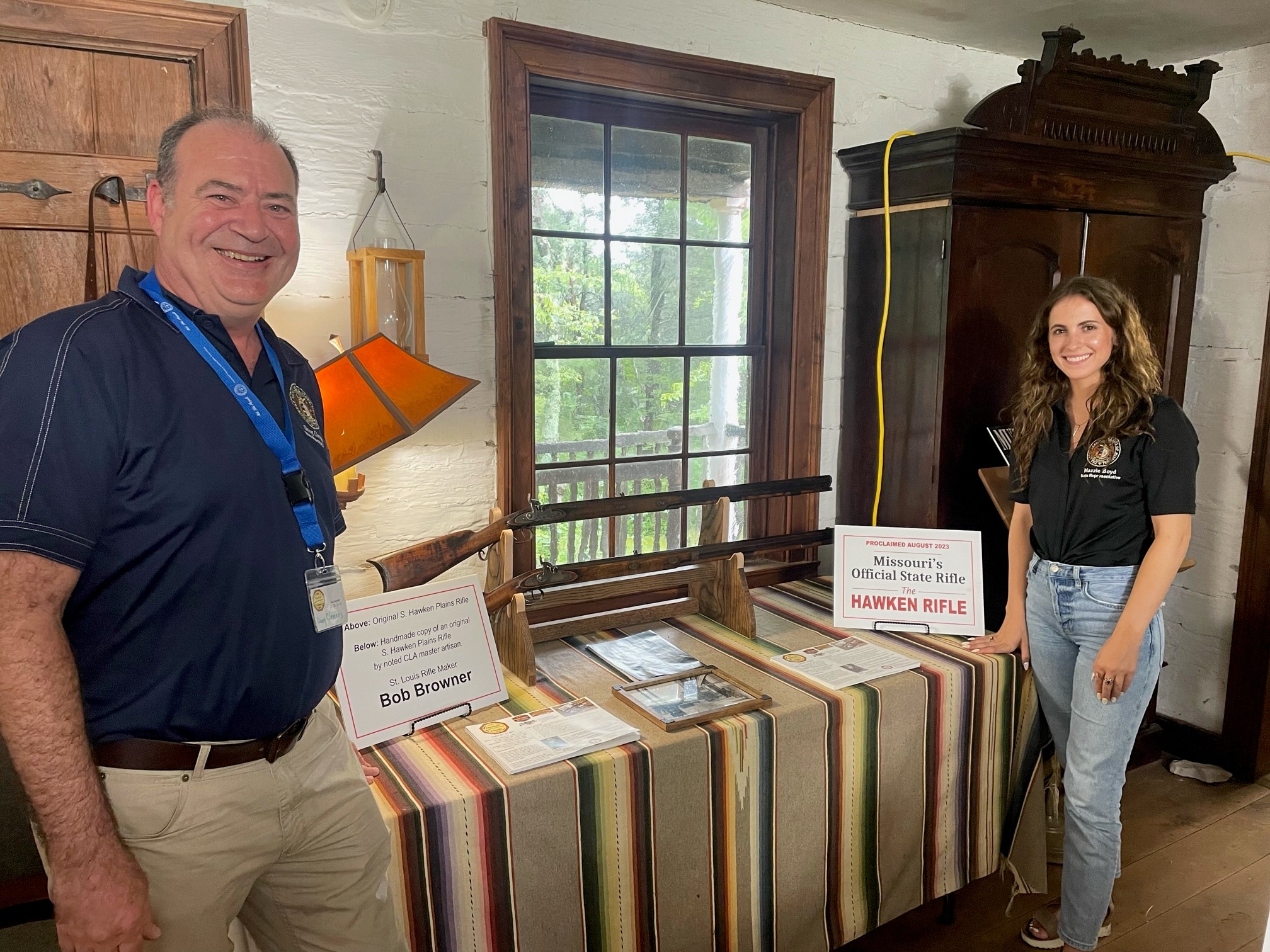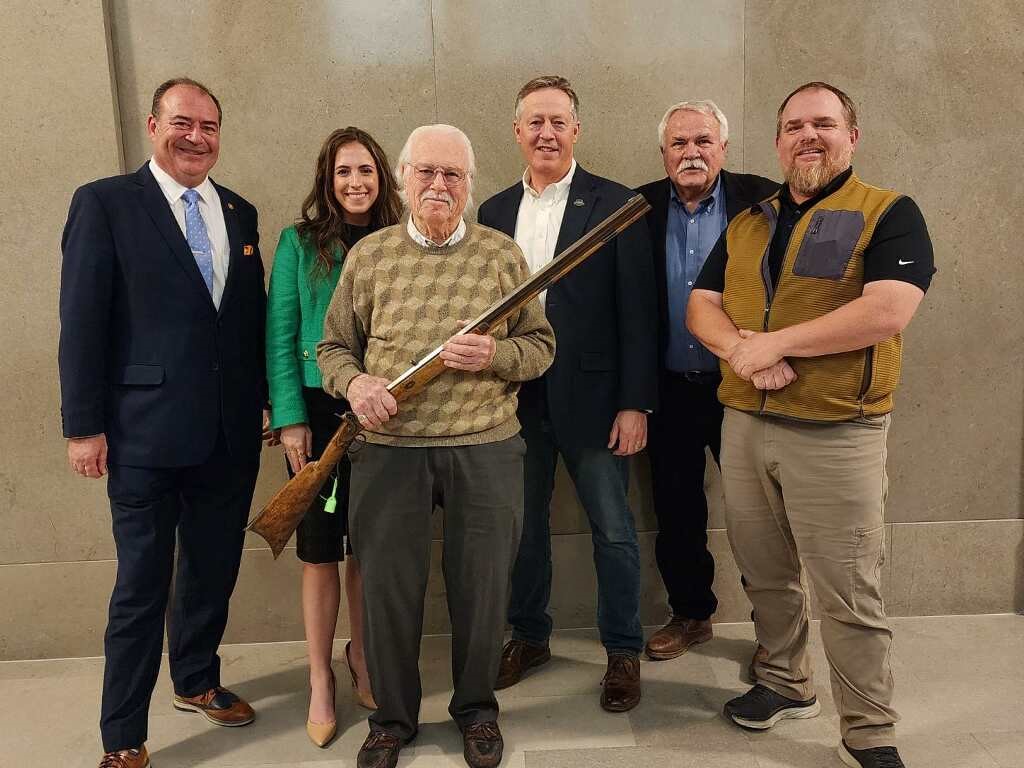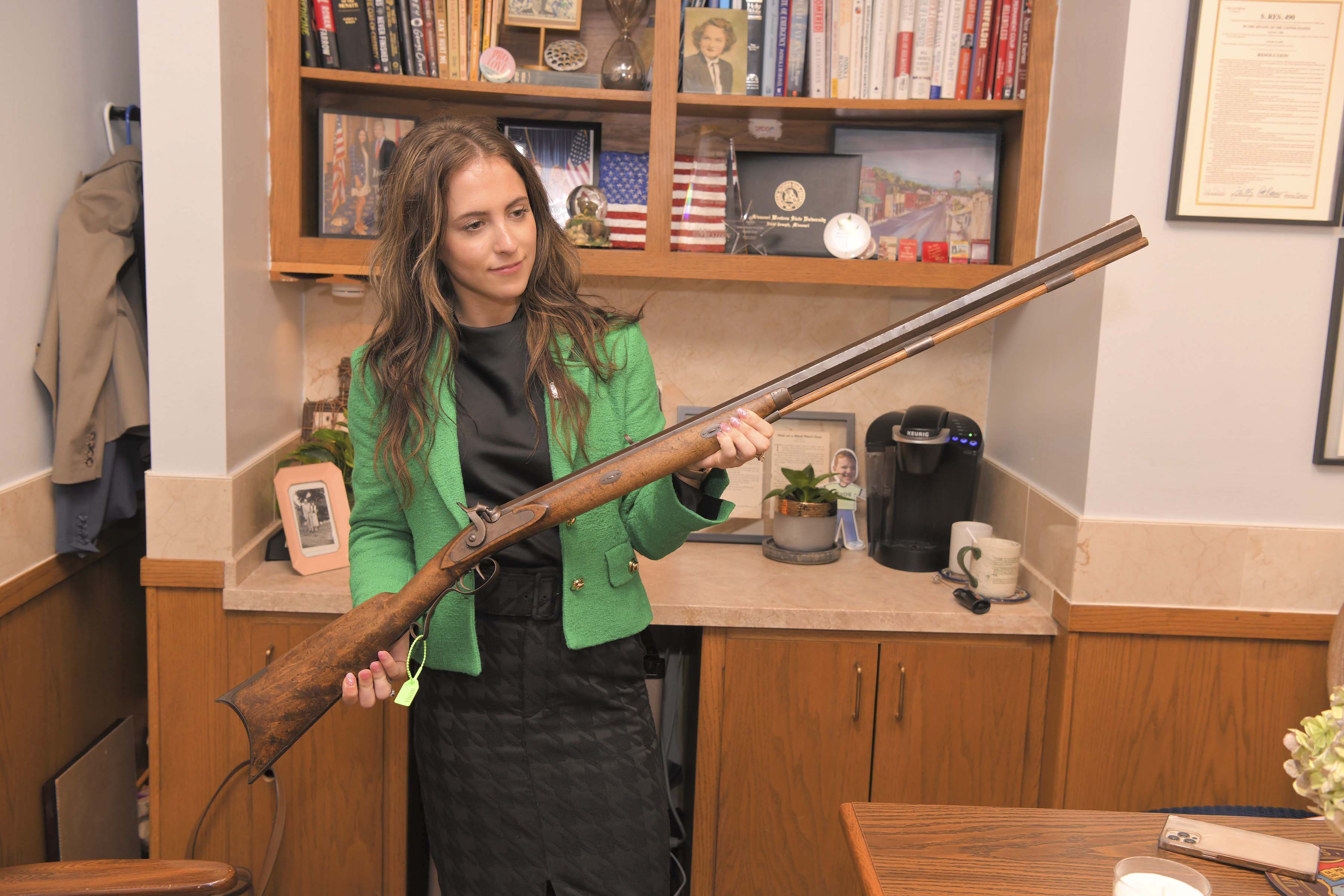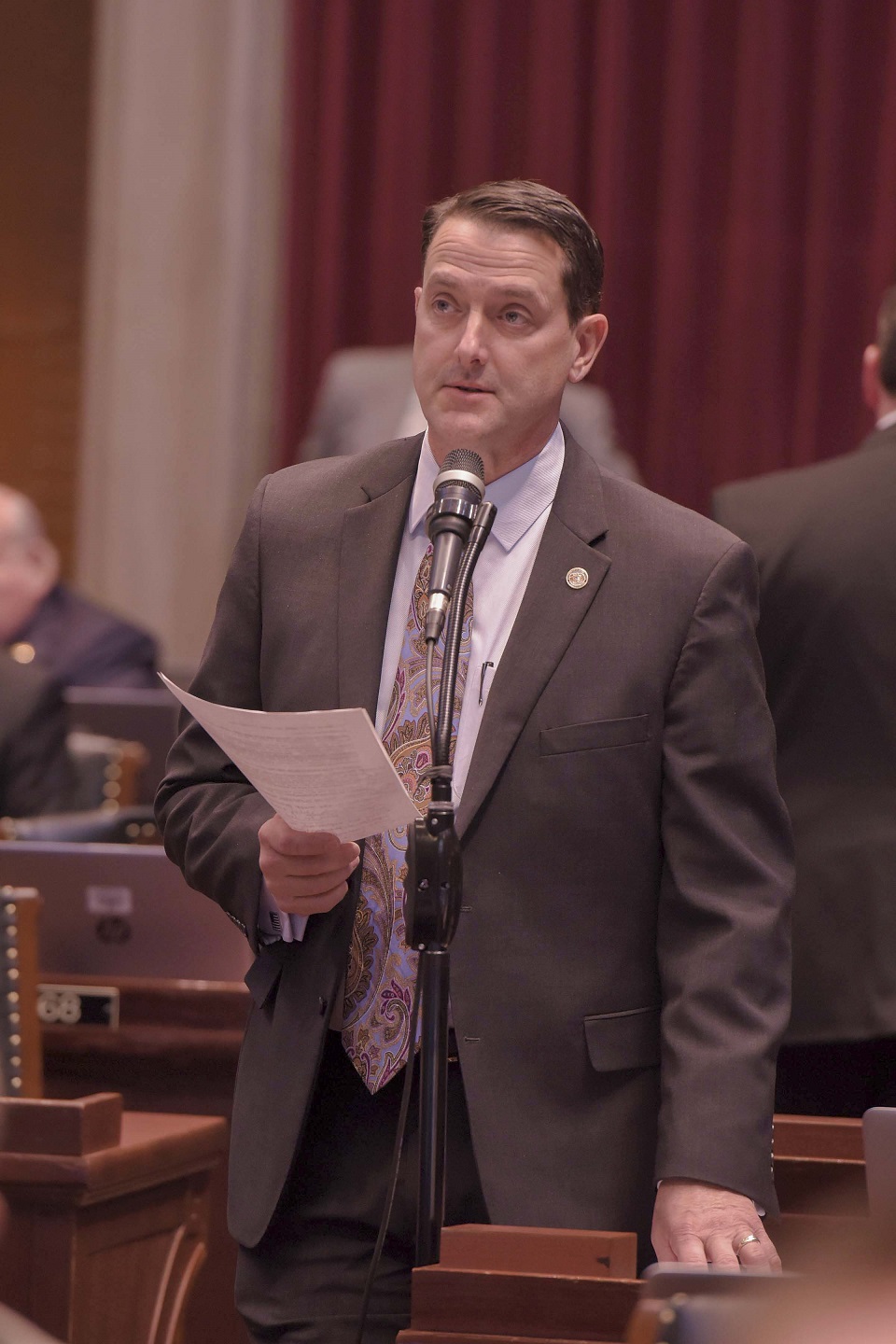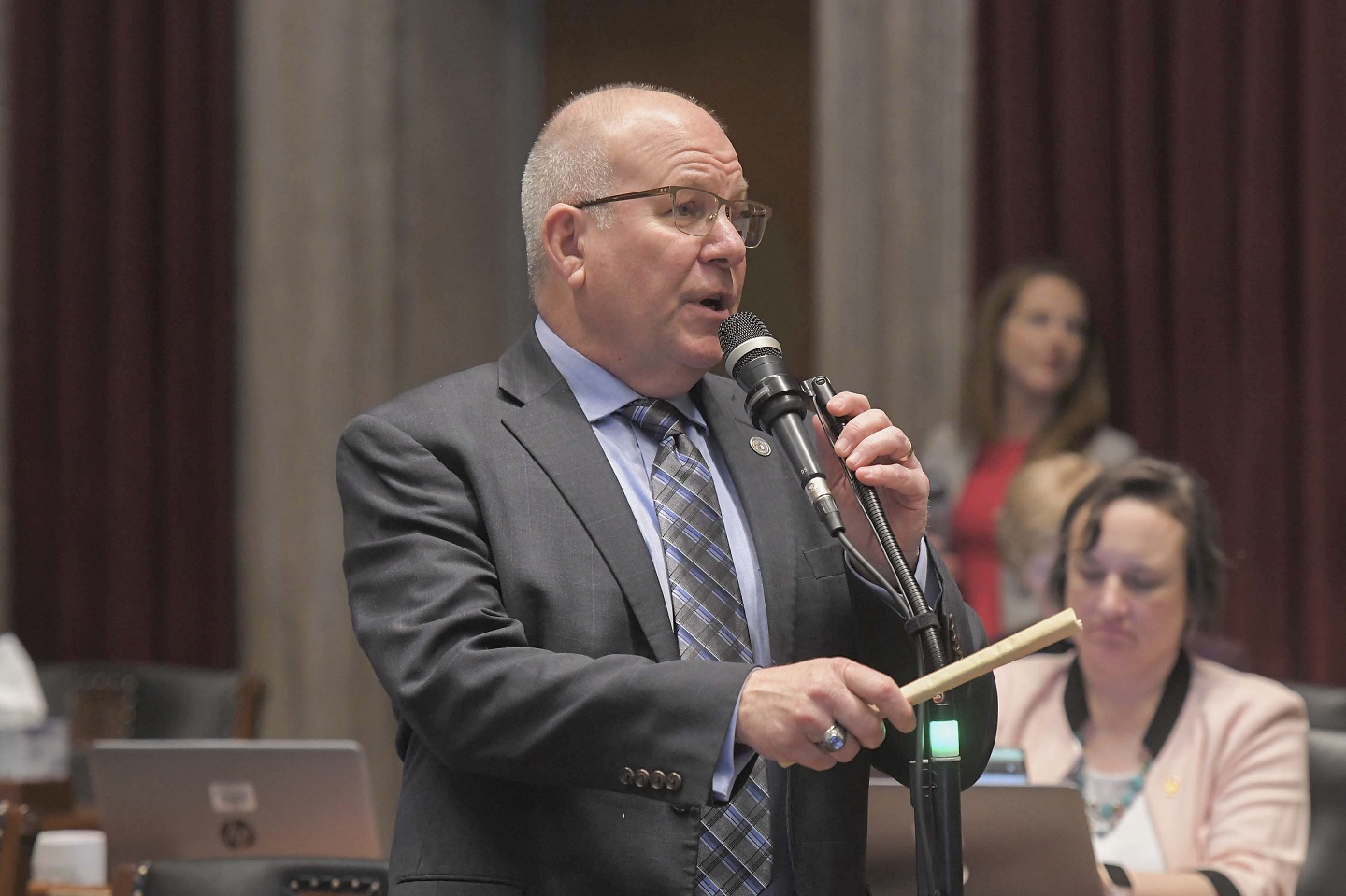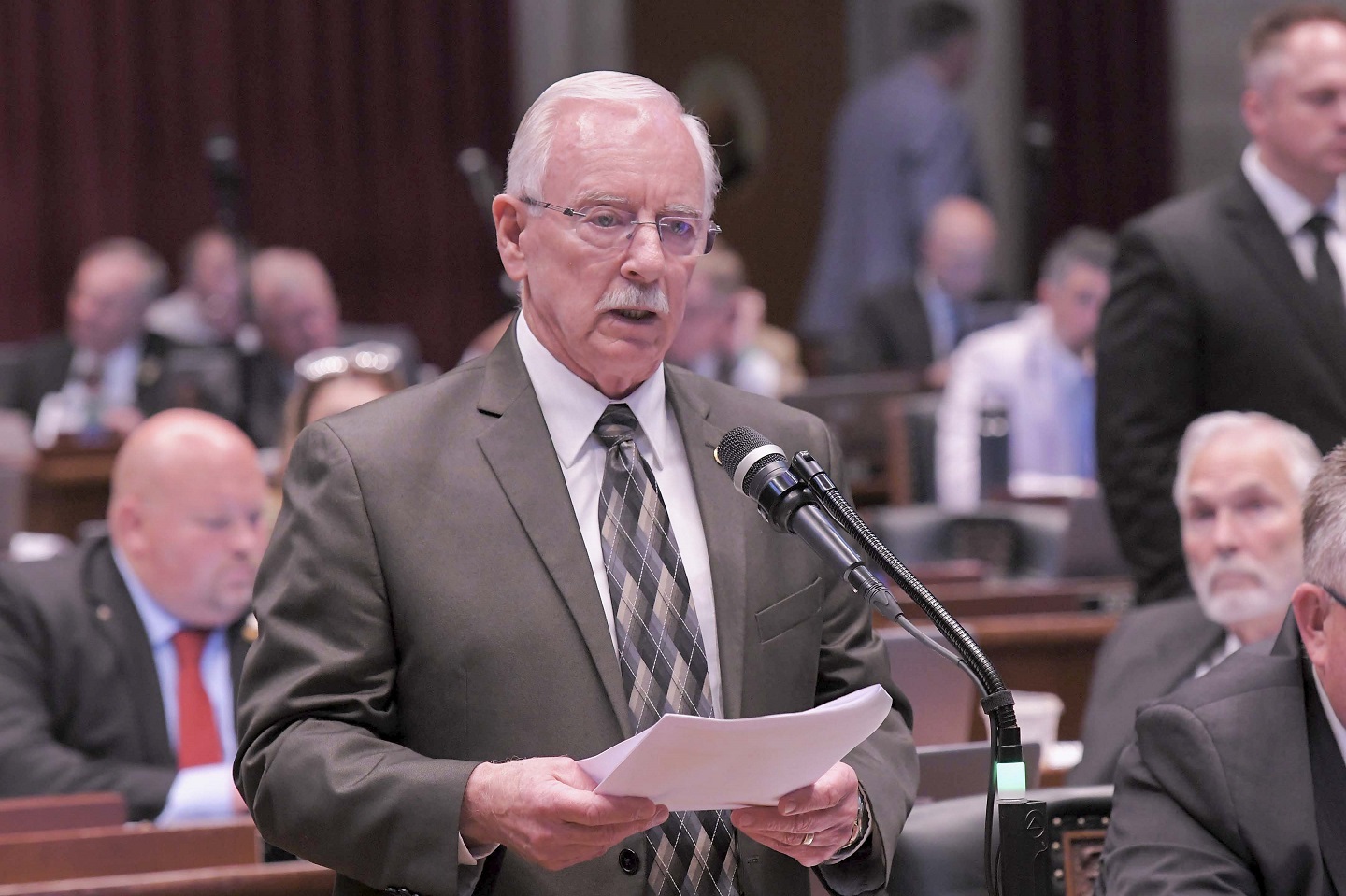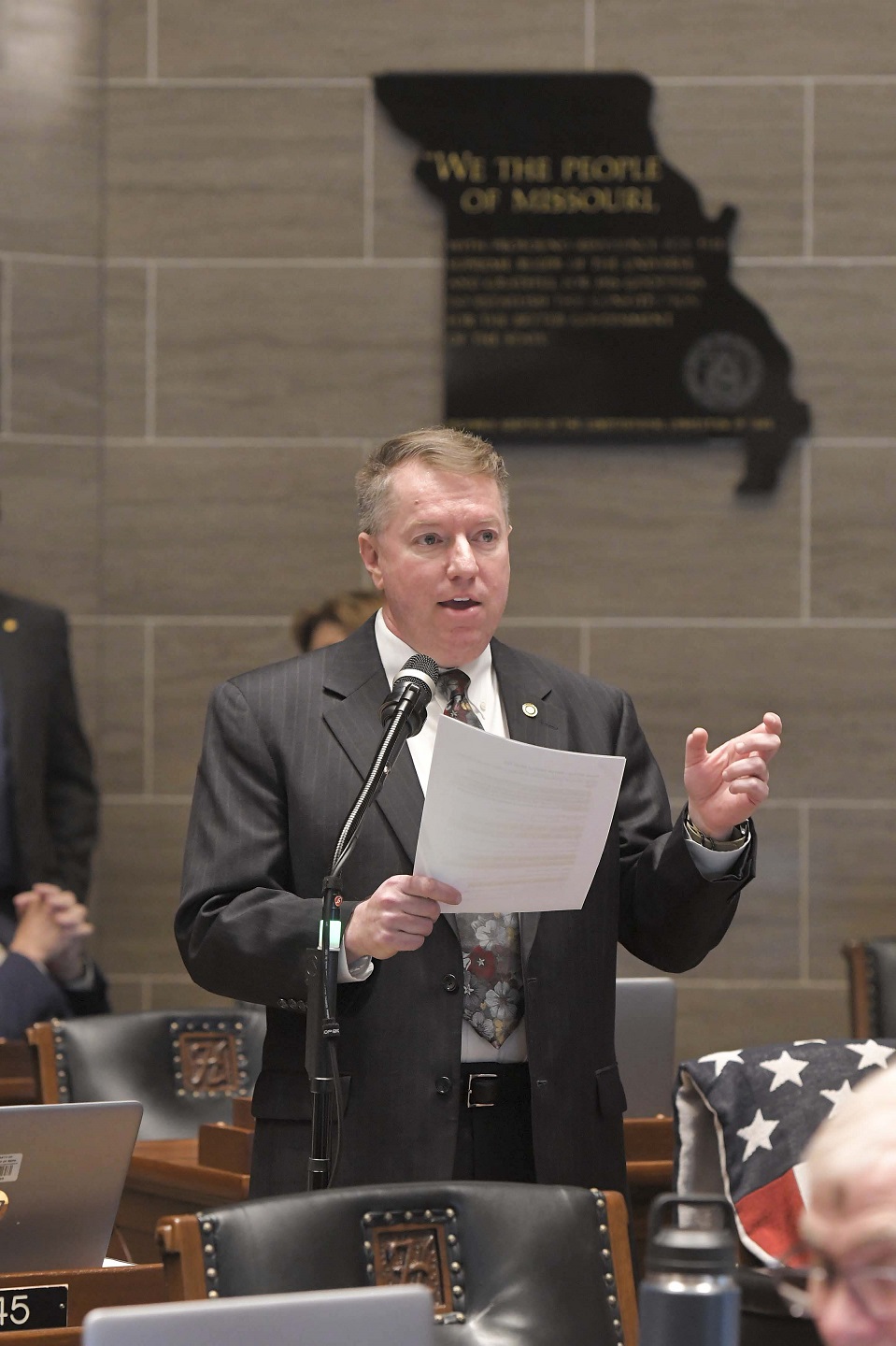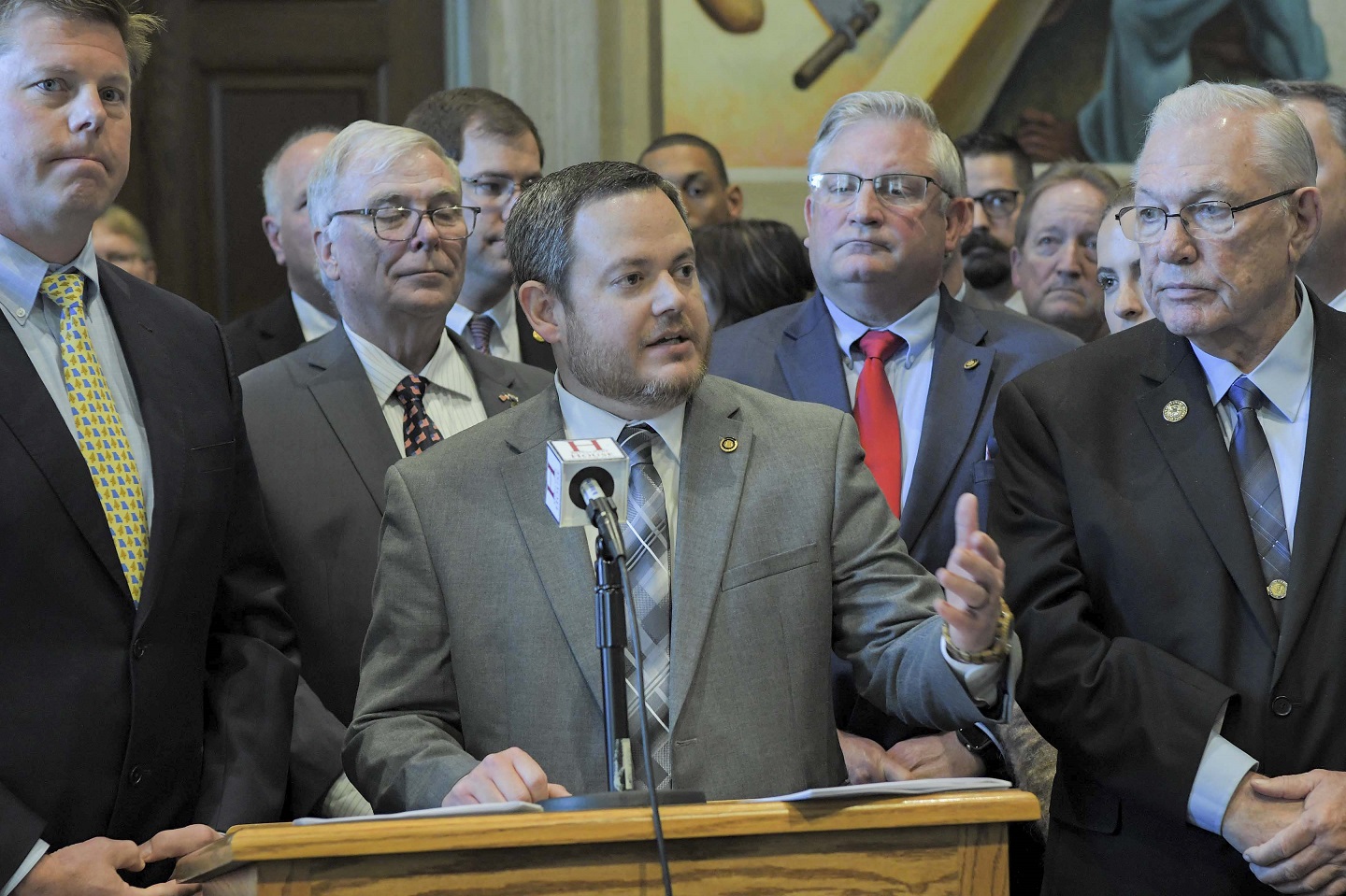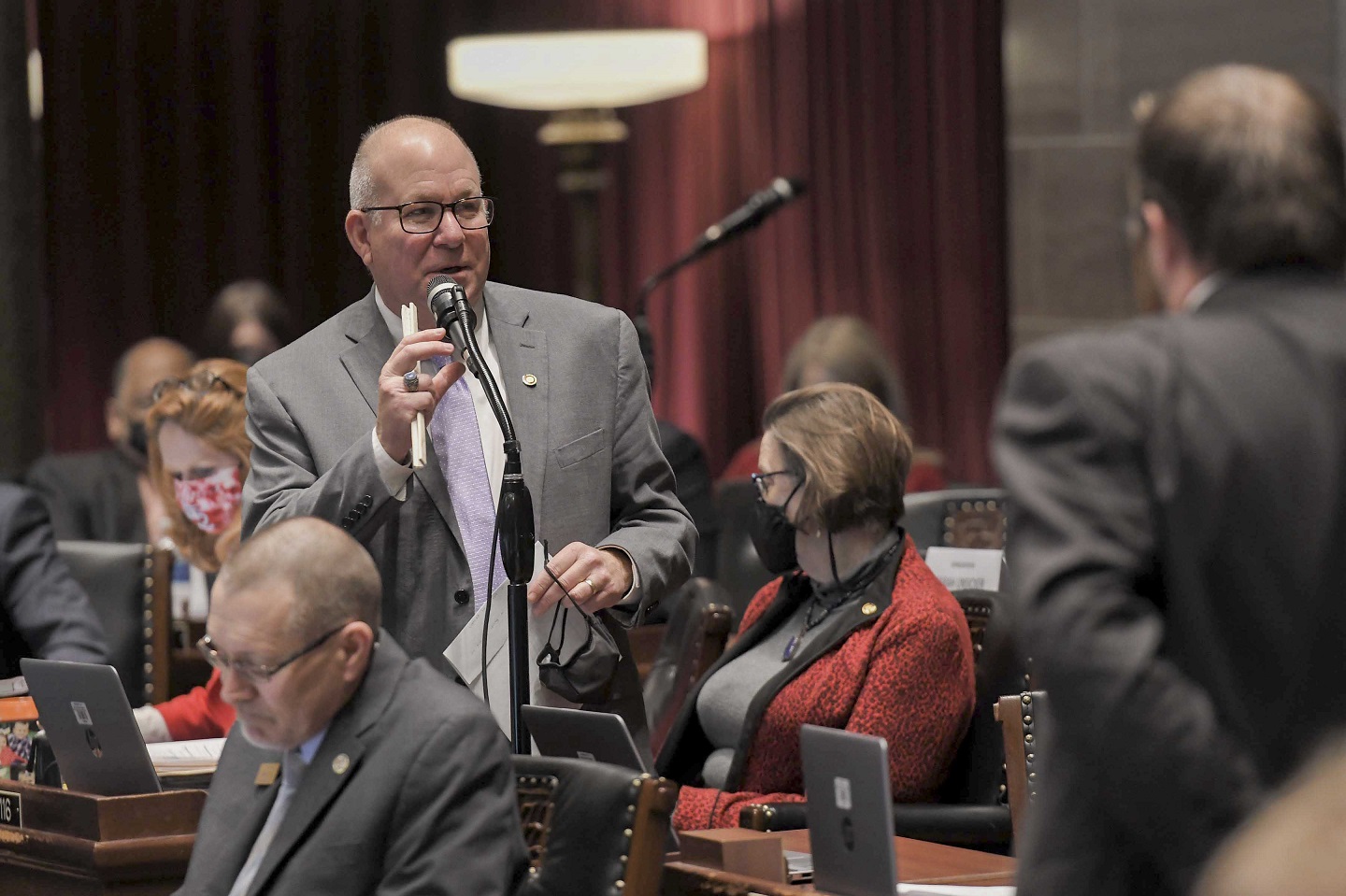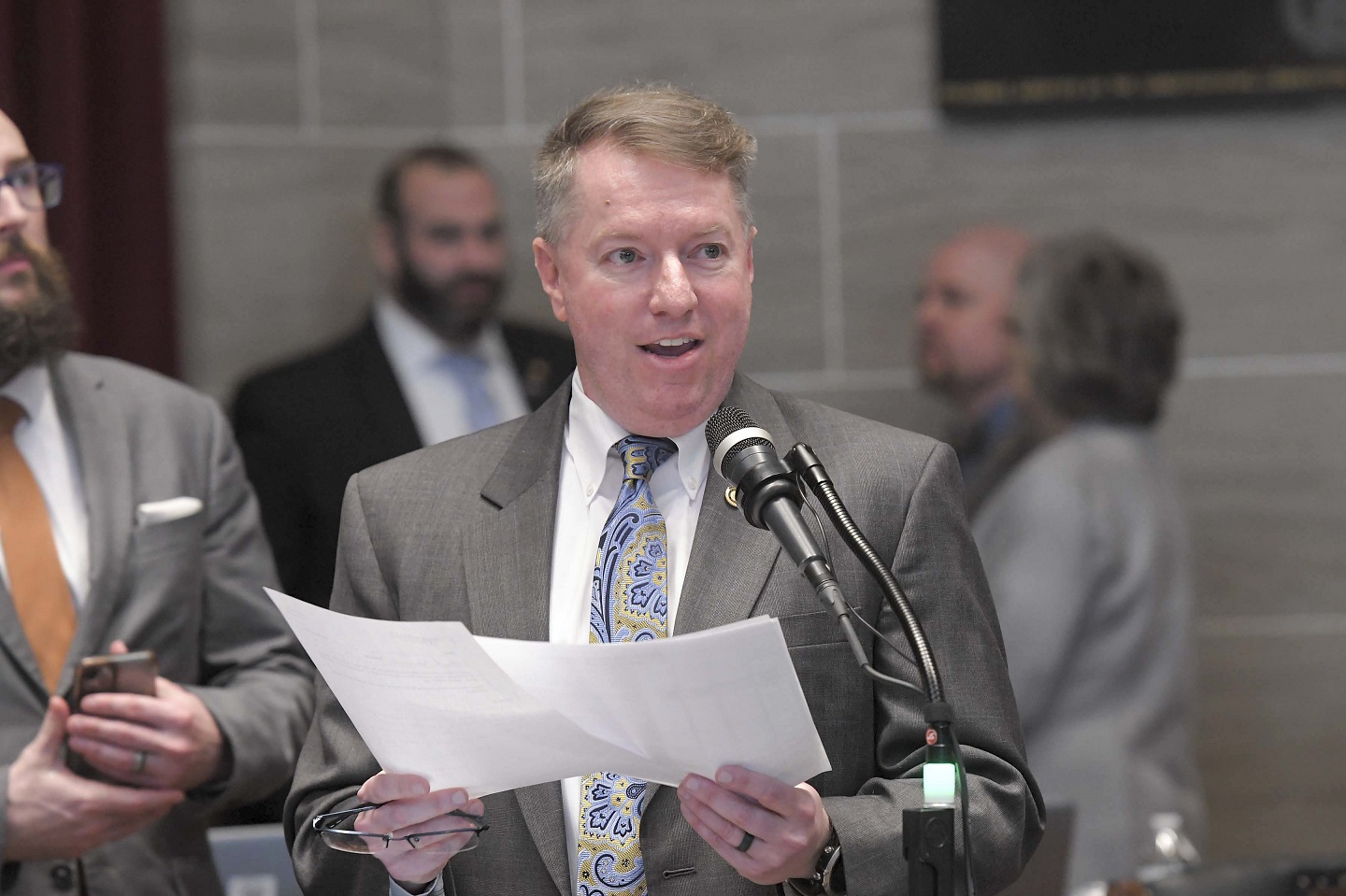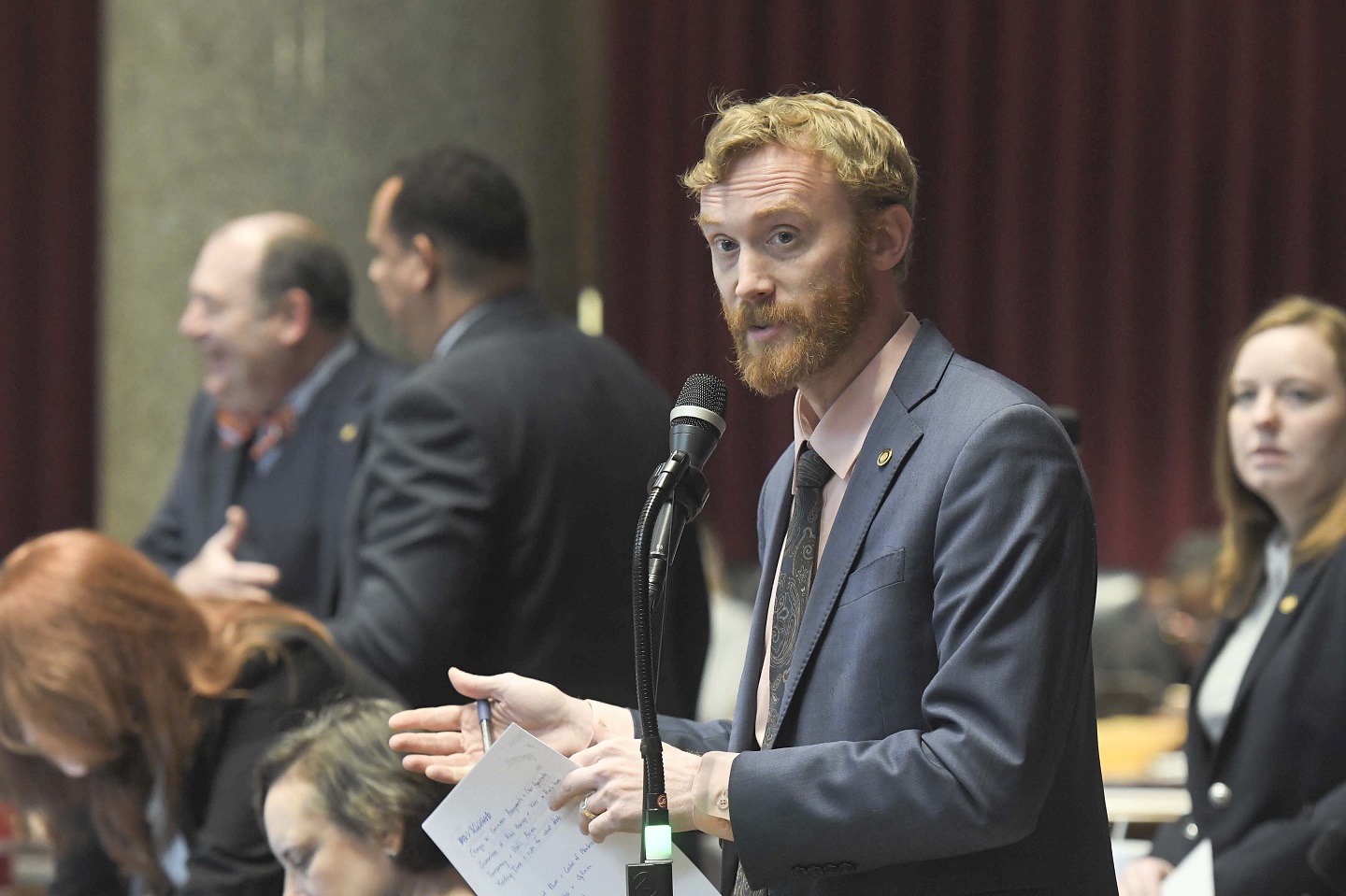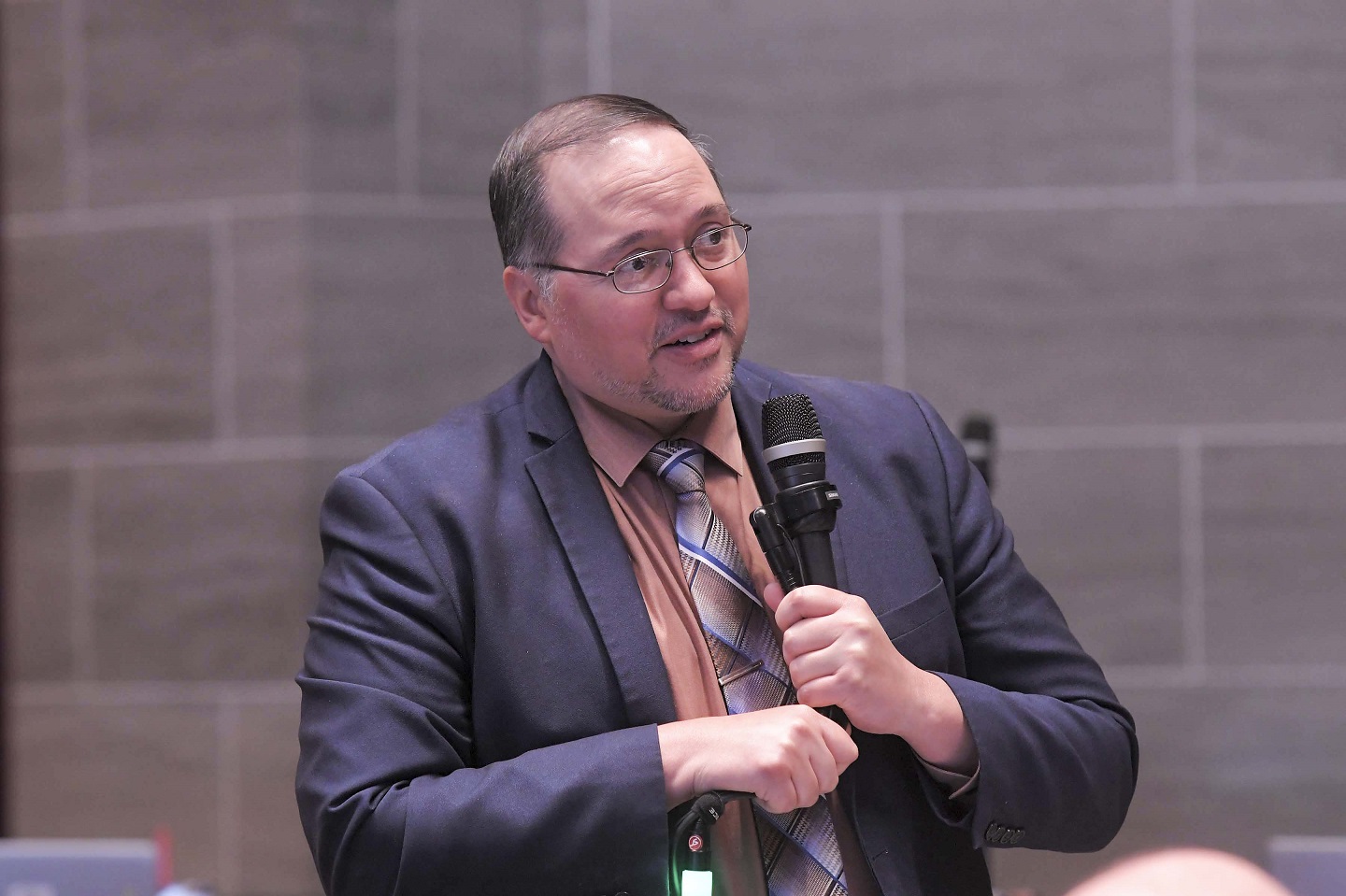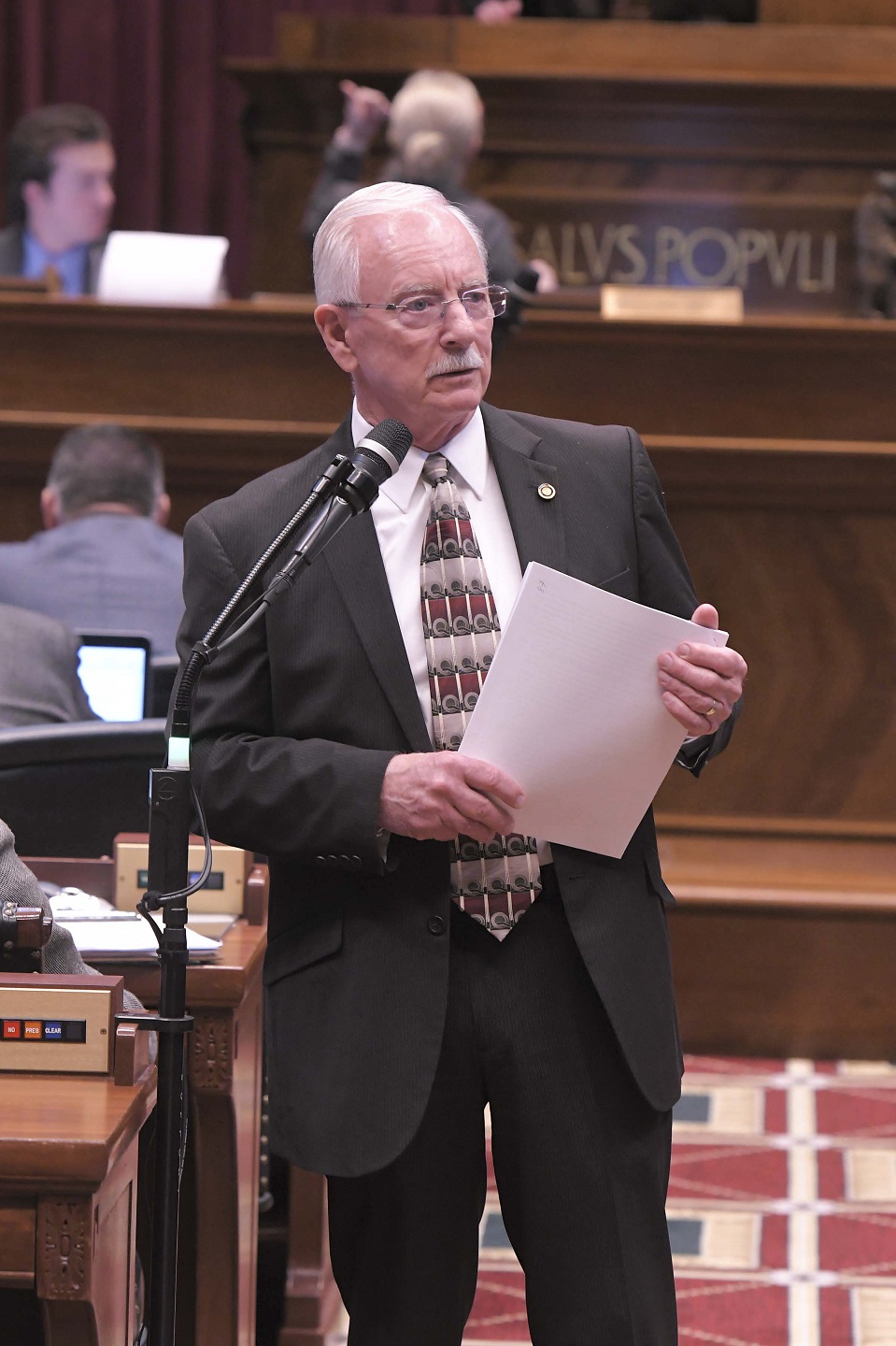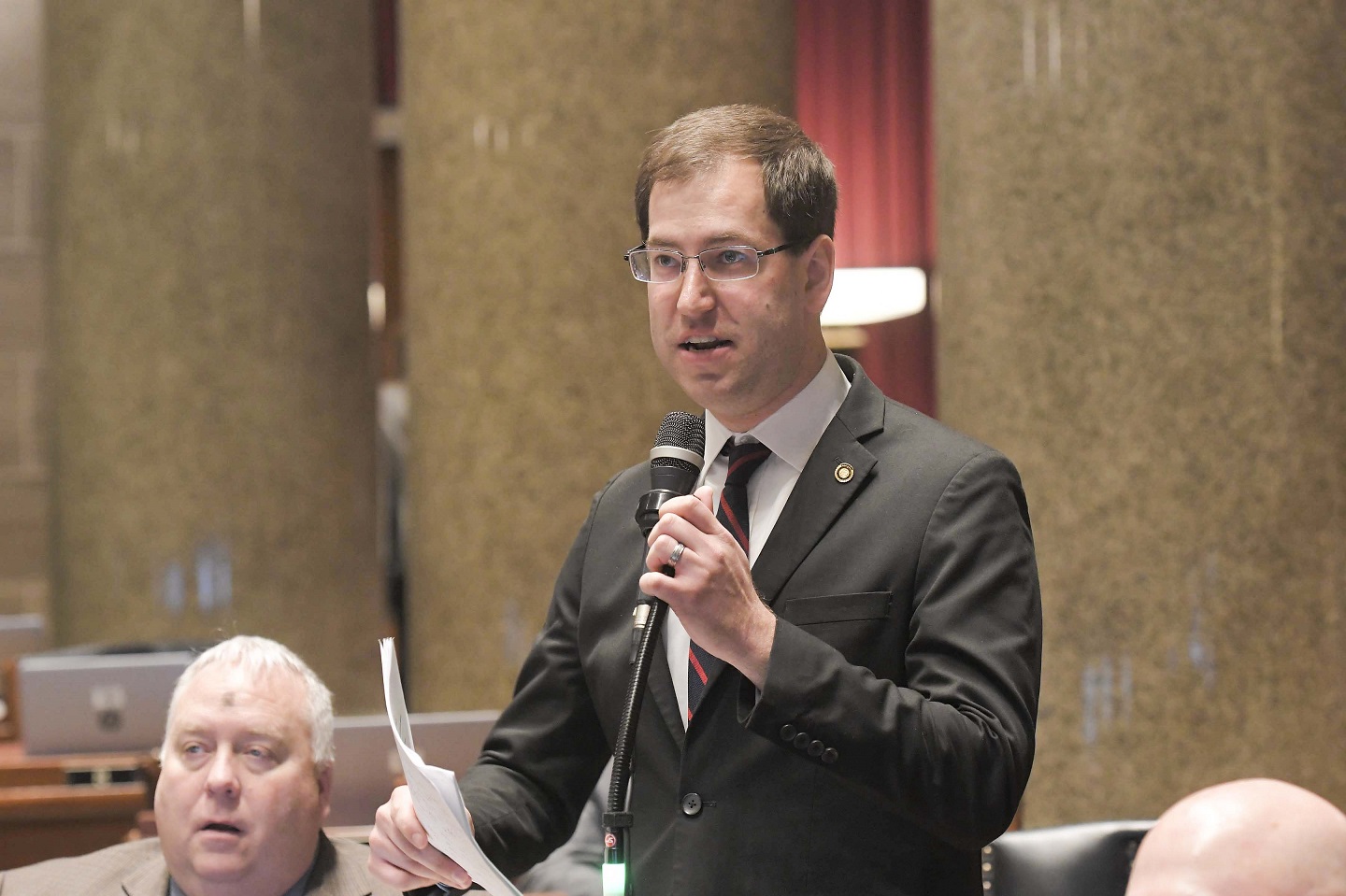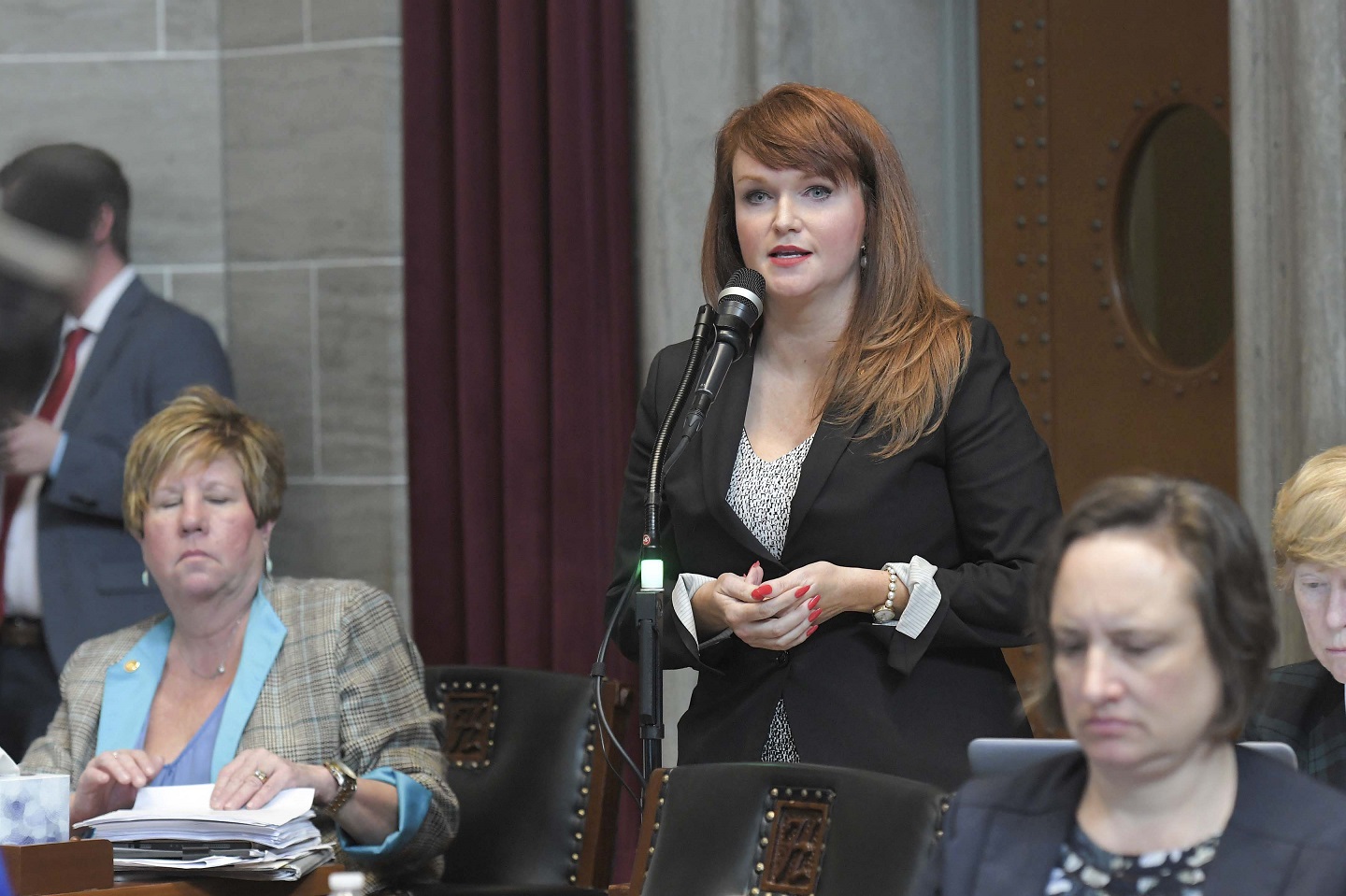The first Baby Box in Missouri has been installed, and more are coming.
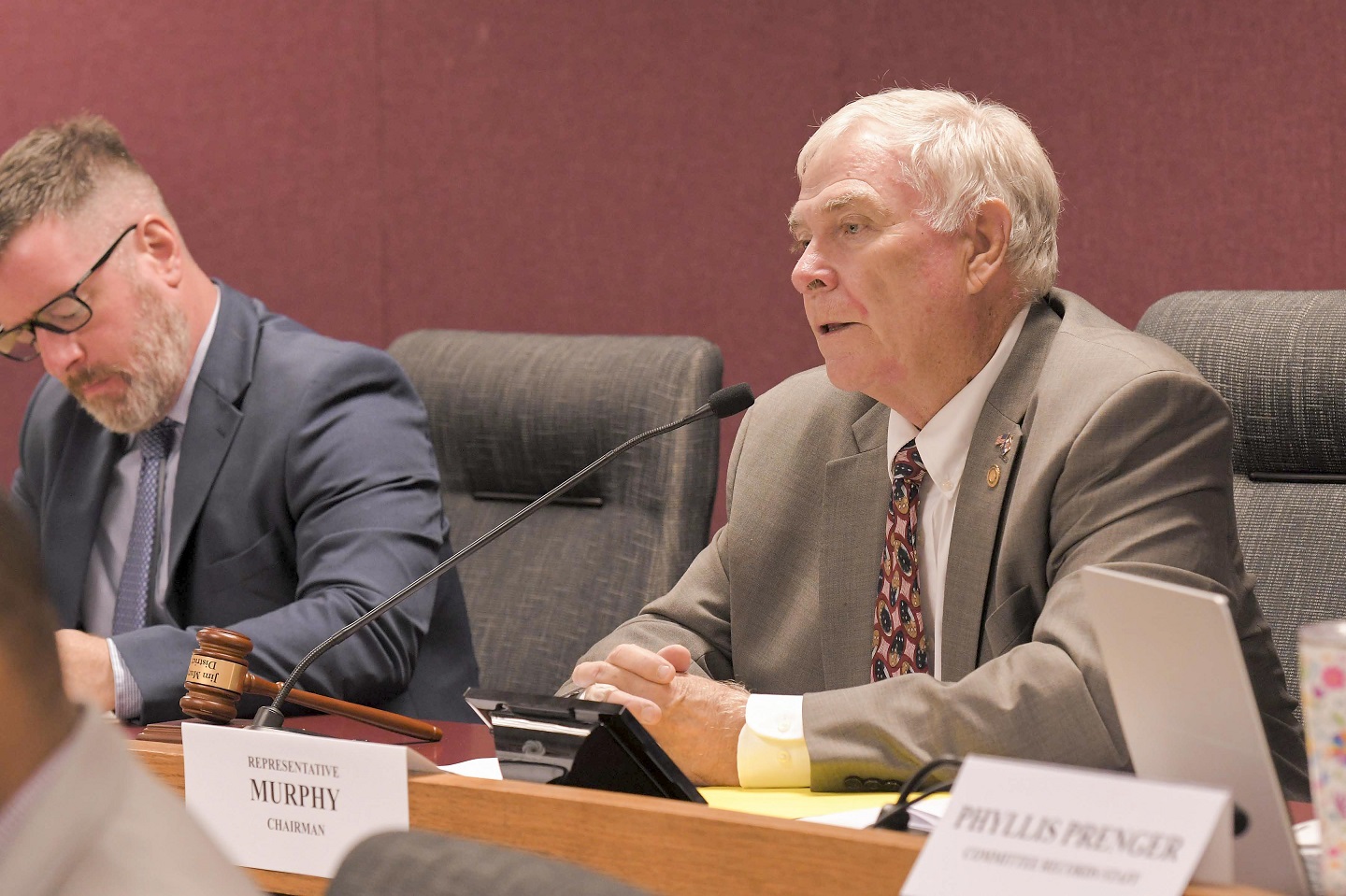
Baby Boxes are an extension of the Safe Haven law, which allows parents to relinquish a newborn up to 45 days old without fear of prosecution. That law, in place in Missouri since 2002, allows for babies to be dropped off at places including hospitals and fire stations, but Baby Boxes offer an option for parents who don’t want face-to-face contact.
“The whole idea of the Baby Boxes is [for there to be] no interaction with one human to another, so if you just want to do it and you want to do it anonymously, this is a method of doing it,” said Representative Jim Murphy (R-St. Louis), who sponsored the language that made Baby Boxes an option in Missouri.
For mothers in need of help, the Safe Haven Crisis Line is (866) 99BABY1, or visit shbb.org
The first Box in the state is in his district, at Mehlville Fire Protection District Station 2. There is a commitment for a second Box at Mehlville, and more fire stations in the state are expressing interest.
Murphy said the Safe Haven Law is saving the lives of children.
The box is built into an outer wall at the Mehlville Fire Station. A parent can open it, place a baby inside in a bassinet, and close the door. Alarms will alert personnel on duty, who will remove the bassinet and take the baby to a hospital.
Murphy said since his language became law two years ago, the state had to develop language to ensure Boxes would be safe.
Founder and CEO of Safe Haven Baby Boxes Monica Kelsey helped guide the legislation that allows for these Boxes in Missouri and other states. So far more than 160 have been installed.
She said there are many reasons a parent might want to give up a child, including factors like financial struggles, mental health issues, or domestic abuse. She wants people to support those who utilize the Safe Haven Law.
Babies who are dropped off under Safe Haven receive immediate care, and Kelsey said they are adopted within 30 to 45 days.
“Every baby that has come through the Baby Box program and the Safe Haven program has been adopted.”
For those who drop off a baby under Safe Haven, there is time to change their mind and reclaim their child.
“I don’t think our intent is to take babies away from parents. Our intent is to protect children,” said Murphy.
“They can get their children back as long as the termination of parental rights has not happened and that usually takes between 30 and 45 days,” said Kelsey.
The installation of this Baby Box has gotten a lot of attention, but Murphy and Kelsey want to stress that it is not the only place in the state to drop off a child.
Murphy’s Baby Box language was introduced in 2021 as House Bill 76, which was approved by the House 151-1. It was later amended to and became law as part of, House Bill 432 sponsored by Representative Hannah Kelly (R-Mountain Grove).
Since its installation in August, the Box in Mehlville hasn’t been used. Since the Safe Haven Law was adopted in Missouri in 2002, 61 babies have been surrendered.
Kelsey said those who want to see a Baby Box installed in their community can contact her organization for help.
For mothers in need of help, the Safe Haven Crisis Line is (866) 99BABY1. Kelsey’s organization, Safe Haven Baby Boxes, can be found online at shbb.org.
